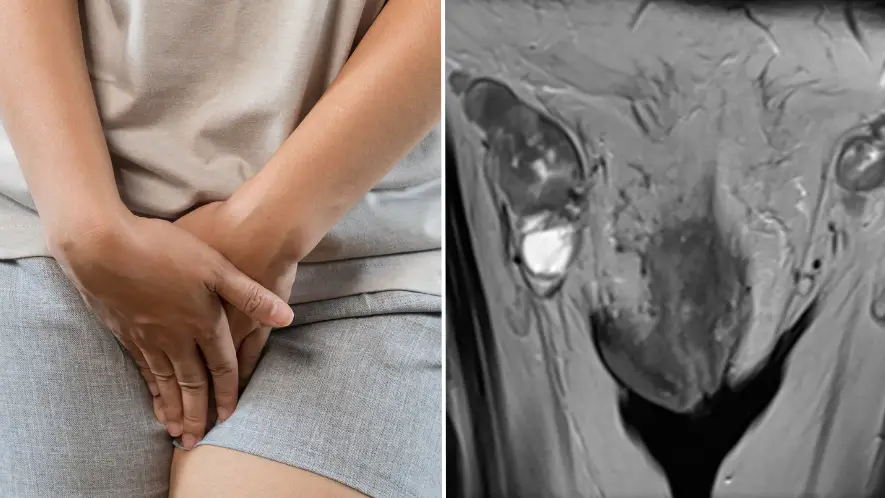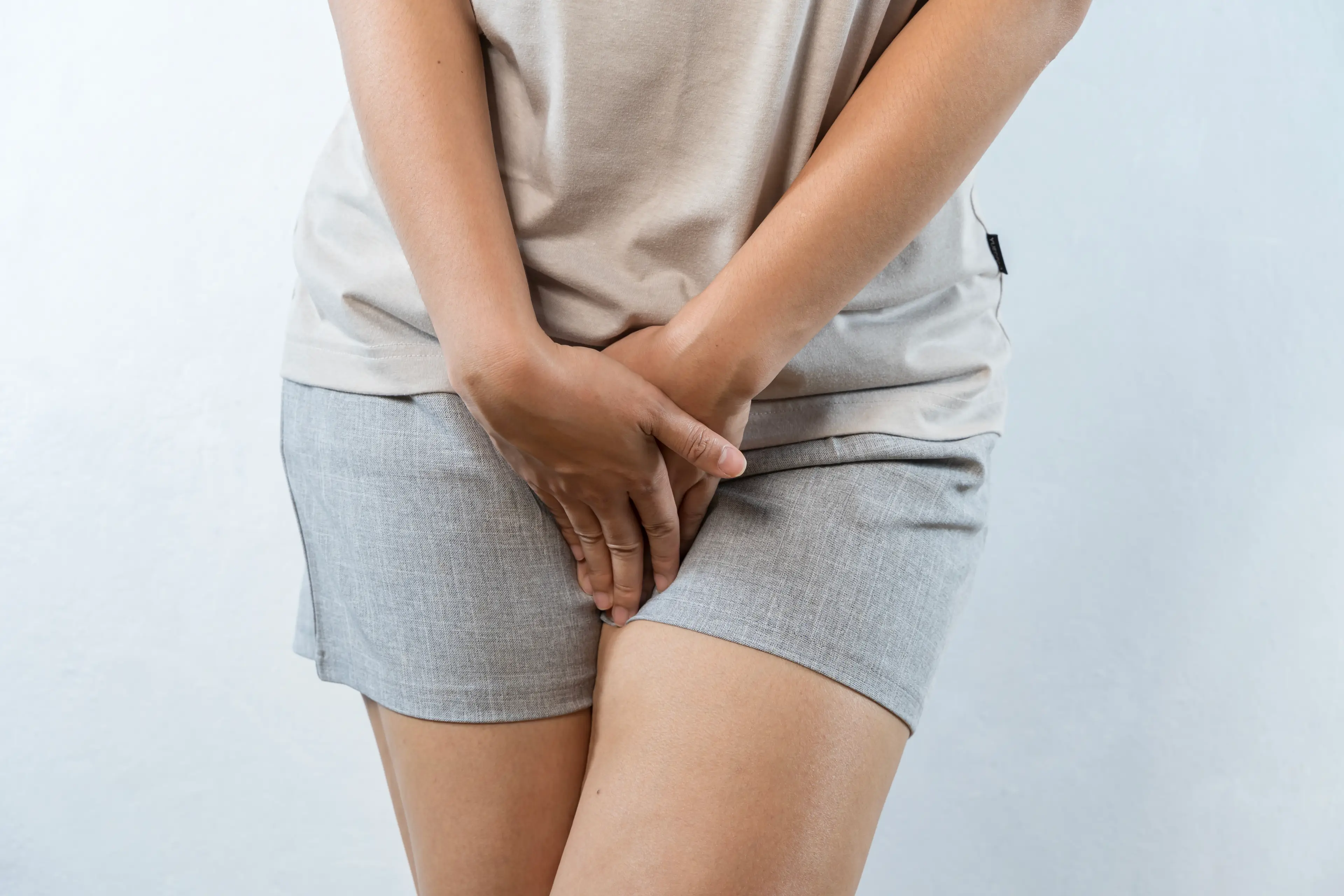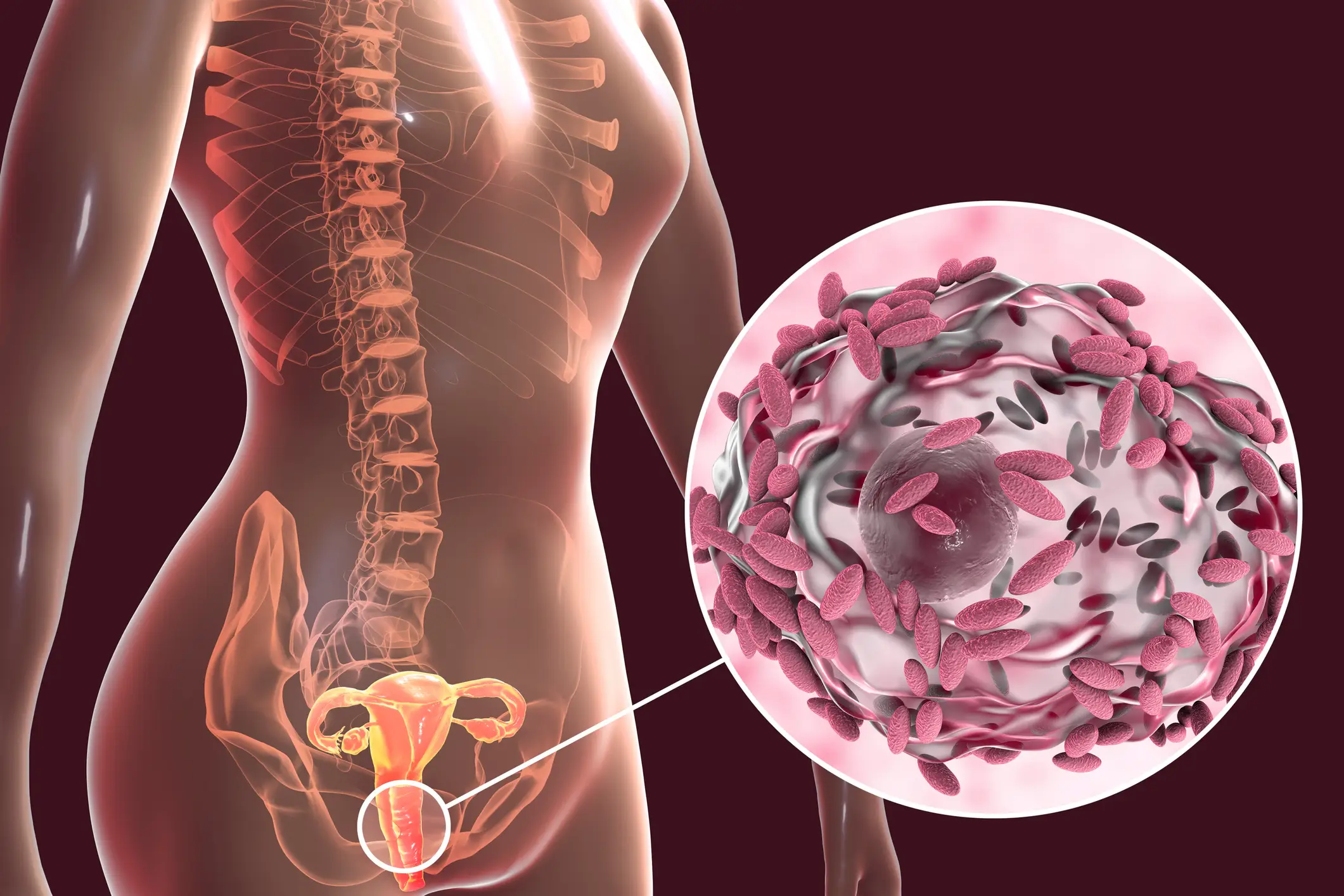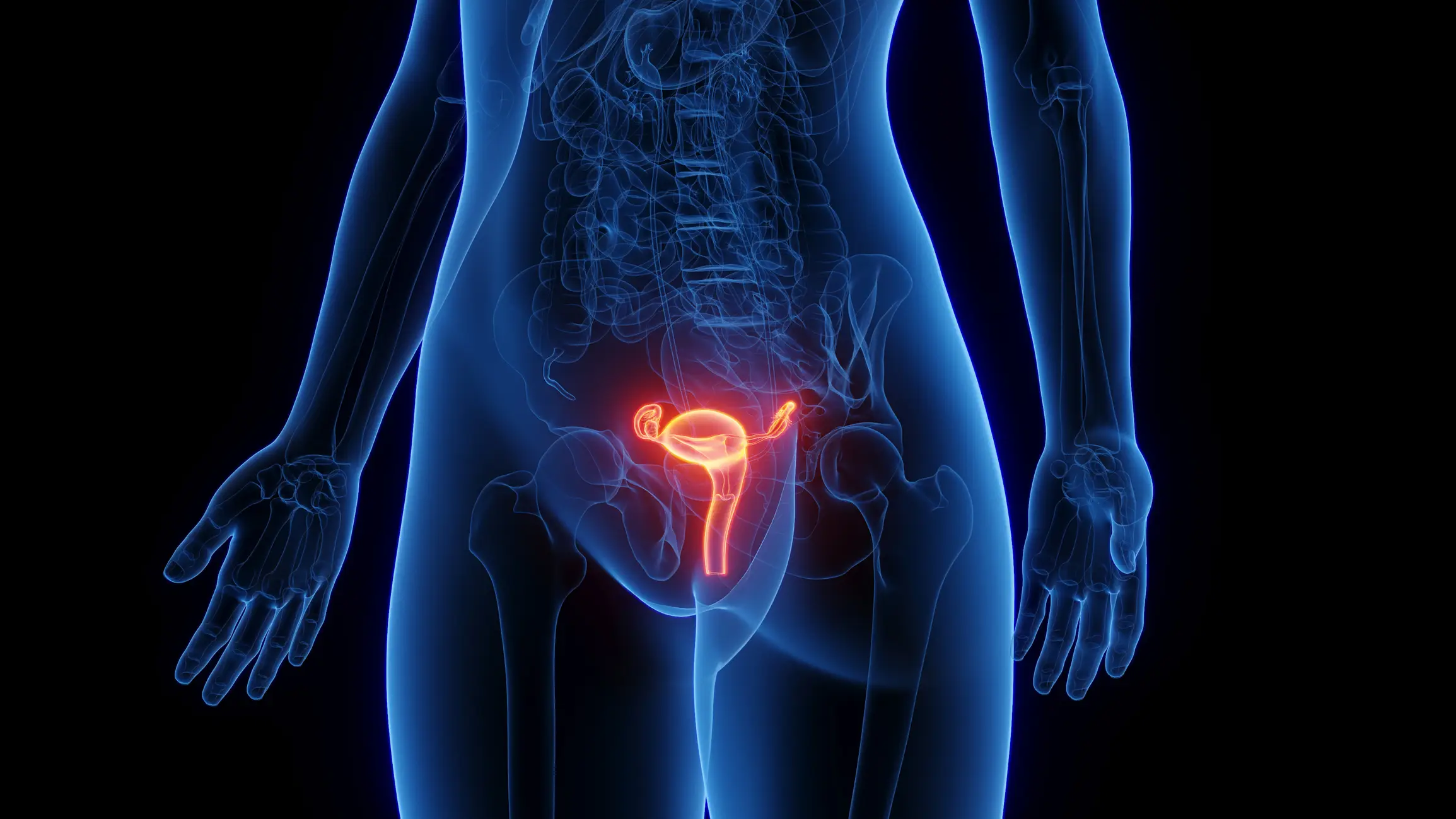
Warning: This article contains discussion of cancer which some readers may find distressing
It's important to keep an eye on your bits to make sure you're in good health. And, for anyone with a vagina, there is clearly whole lot that can go on 'down there' that we should all be in the know about.
From tracking your periods and keeping up to date with cervical screening, all the way through to getting regular STI tests if you're sexually active - it's good to get into the habit of keeping tabs on your vaginal health to ensure nothing creeps up on you later on in life.
Along with this, it's also key to be aware of what different symptoms may mean when it comes to your private parts with experts revealing one way to tell if any itching sensation you feel 'down there' is something more serious or not.
Advert
Now, feeling 'itching' in or around your vagina can be a symptom of a number of different things including a yeast infection - AKA thrush - as well as bacterial vaginosis, vaginal cancer and vulval cancer.
But, according to the experts, one major way to tell if your itching is a matter of thrush or bacterial vaginosis or something more serious like vaginal or vulval cancer is all down to the discharge.
So, without further ado, let's get into it.

Bacterial vaginosis
The NHS explains that bacterial vaginosis - or BV - is a common cause of 'unusual' vaginal discharge.
It's caused by a change in the natural balance of bacteria in your vagina and, while what causes this to happen is not fully known, you're reportedly more likely to get BV if:
- you're sexually active (but women who have not had sex can also get bacterial vaginosis)
- you have had a change of partner
- you have an IUD (contraception device)
- you use perfumed products in or around your vagina
Symptoms of BV include:
- an unusual vaginal discharge that has a strong fishy smell, particularly after sex
- a change to the colour and consistency of your discharge, such as becoming greyish-white and thin and watery
The NHS also states that as many as 'half of women' who have BV don't actually have any symptoms, adding that it doesn't usually cause any soreness or itching.
Also, interestingly, a recent study has provided evidence that BV is, in fact, an STI.

Yeast infection (thrush)
Both a yeast infection and BV are both infections that cause vaginitis, the medical term for inflammation of the vagina.
The NHS explains that thrush is a yeast infection caused by the Candida species of fungus which lives in the vagina of some people without causing any harm or symptoms, because its growth is kept under control by normal bacteria.
But, if the balance of bacteria changes - for example, because you're pregnant, taking antibiotics or the combined contraceptive pill - the fungus can grow and cause:
- white discharge (like cottage cheese), which does not usually smell
- itching and irritation around the vagina and vulva
- soreness and stinging during sex or when you pee
- redness, but redness can be harder to see on brown and black ski

Vaginal cancer
Now, while both vaginal and vulval cancer share a number of similar symptoms with far less serious conditions like thrush or BV - one symptom the two cancers have which thrush and BV don't have is vaginal bleeding.
The CDC explains that, early on, most vaginal cancers do not cause signs and symptoms. But if there are symptoms, they may include:
- Vaginal discharge or bleeding that is not normal for you. The bleeding may be abnormal because of how heavy it is, or when it happens, such as bleeding after you have gone through menopause; bleeding between periods; or any other bleeding that is longer or heavier than is normal for you.
- A change in bathroom habits, such as having blood in the stool or urine, going to the bathroom more often than usual, or feeling constipated.
- Pain in your pelvis, the area below your stomach and in between your hip bones, especially when you pass urine or have sex.

Vulval cancer
The CDC also outlines that many people who have vulvar cancer have signs and symptoms which may include:
- Itching, burning, or bleeding on the vulva that does not go away.
- Changes in the colour of the skin of the vulva, so that it looks redder or whiter than is normal for you.
- Skin changes in the vulva, including what looks like a rash or warts.
- Sores, lumps, or ulcers on the vulva that do not go away.
- Pain in your pelvis, especially when you urinate or have sex
"It is important for you to pay attention to your body and know what is normal for you," the health body outlines. "If you have vaginal bleeding that is not normal for you, see a doctor right away."
Of course, while such symptoms may be caused by something other than cancer, the only way to know for sure is to see your doctor.
Find out more about vaginal cancer on the official NHS website here or vulval cancer here.
If you’ve been affected by any of these issues and want to speak to someone in confidence, contact Macmillan’s Cancer Support Line on 0808 808 00 00, 8am–8pm seven days a week.
Topics: Women's Health, Health, Explained, Advice, Life